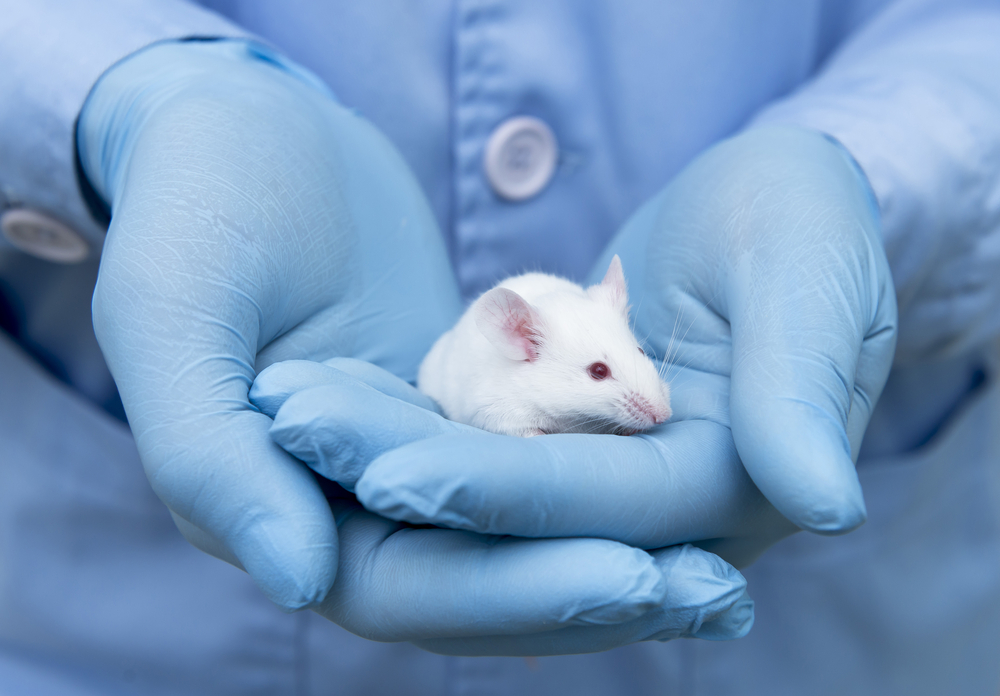New Class of Anti-inflammatory Compounds May Help Halt Inflammation in MS, Study Suggests
Written by |

A new class of indoline derivatives shows potent antioxidant and anti-inflammatory activities capable of decreasing inflammation in the brain, new research shows.
This finding highlights the potential of the new compounds in chronic inflammatory diseases, such as multiple sclerosis (MS).
The study “Synthesis and Biological Evaluation of Derivatives of Indoline as Highly Potent Antioxidant and Anti-inflammatory Agents” was published in the Journal of Medicinal Chemistry.
In MS, as in many other diseases, chronic inflammation is known to play a major role in disease onset and progression.
The release of a group of molecules — the so-called proinflammatory cytokines — by the immune system in an unregulated manner promotes a state of chronic inflammation that ultimately leads to tissue damage. Another class of molecules, called reactive oxygen species (ROS), while important mediators of several cellular functions such as metabolic reactions, they also can cause damage to cells and tissues when released without control.
The new research led to the identification of a novel family of agents with potent antioxidant and anti-inflammatory activities for the treatment of pathological conditions associated with chronic inflammation.
These compounds are derivatives of indolines. Previous research showed that small modifications to indoline molecules could halt the detrimental effects of ROS using extremely small doses of the chemical. The compounds also reduced the levels of several pro-inflamamtory cytokines — such as nitric oxide, interleukin 6, or tumor necrosis factor (TNF)-alpha — released by immune cells called macrophages.
The new indoline derivatives developed by the team show even higher activity against the release of pro-inflammatory cytokines and the toxicity induced by ROS.
To test four of their new indoline derivatives, researchers used mice that were injected with an agent called LPS to trigger chronic inflammation.
Results showed that injecting the chemical subcutaneously (under the skin) at very low doses prevents LPS-induced inflammation in the brain and other tissues. The injection of the indoline derivatives led to no noticeable adverse effects in mice during three days of observation.
“It is expected that further studies in humans will reveal the potential usefulness of these substances in the treatment of a variety of diseases where inflammation is a major contributor to the disease,” Abraham Nudelman, professor at the Institute of Drug Research, The Hebrew University of Jerusalem and study co-lead author, said in a press release.


